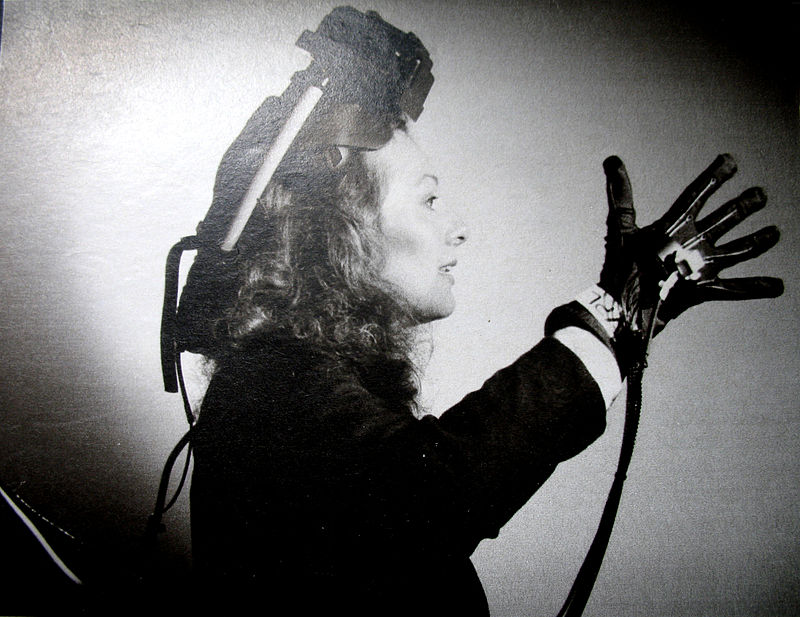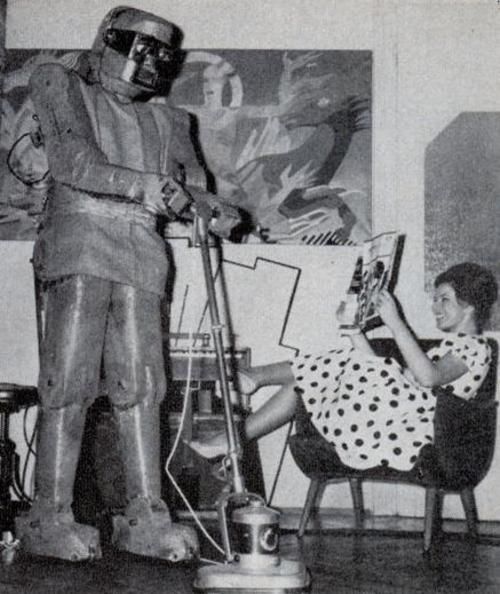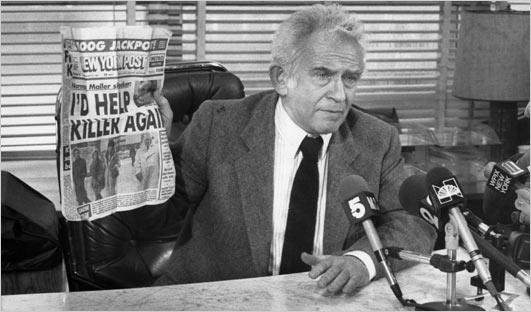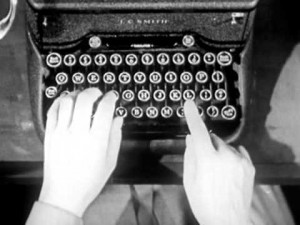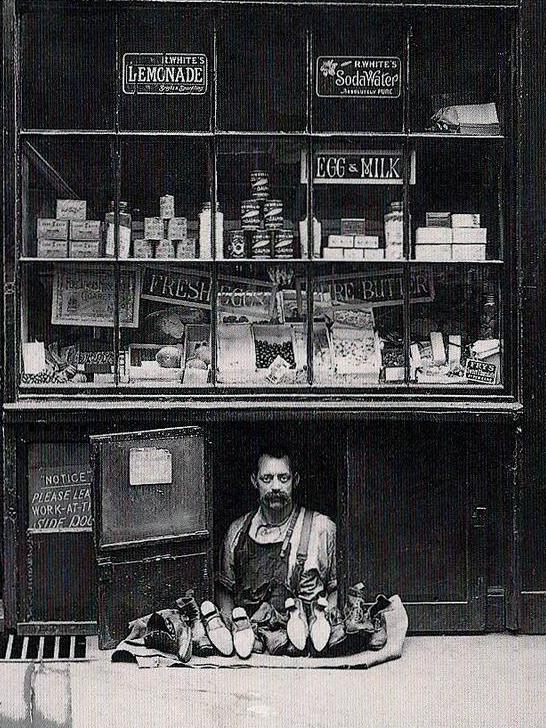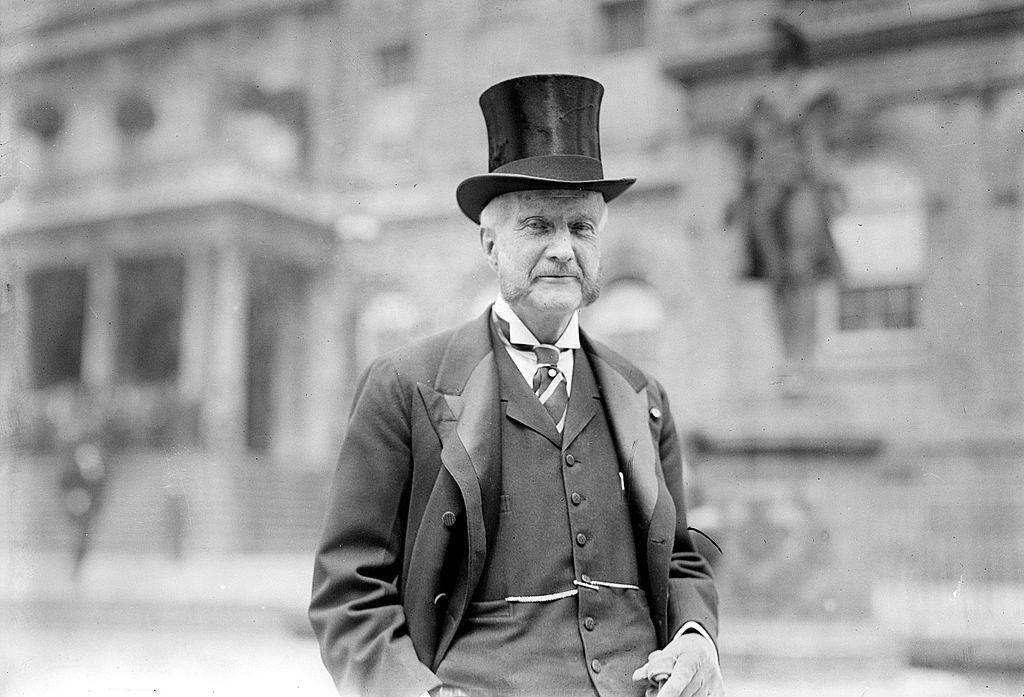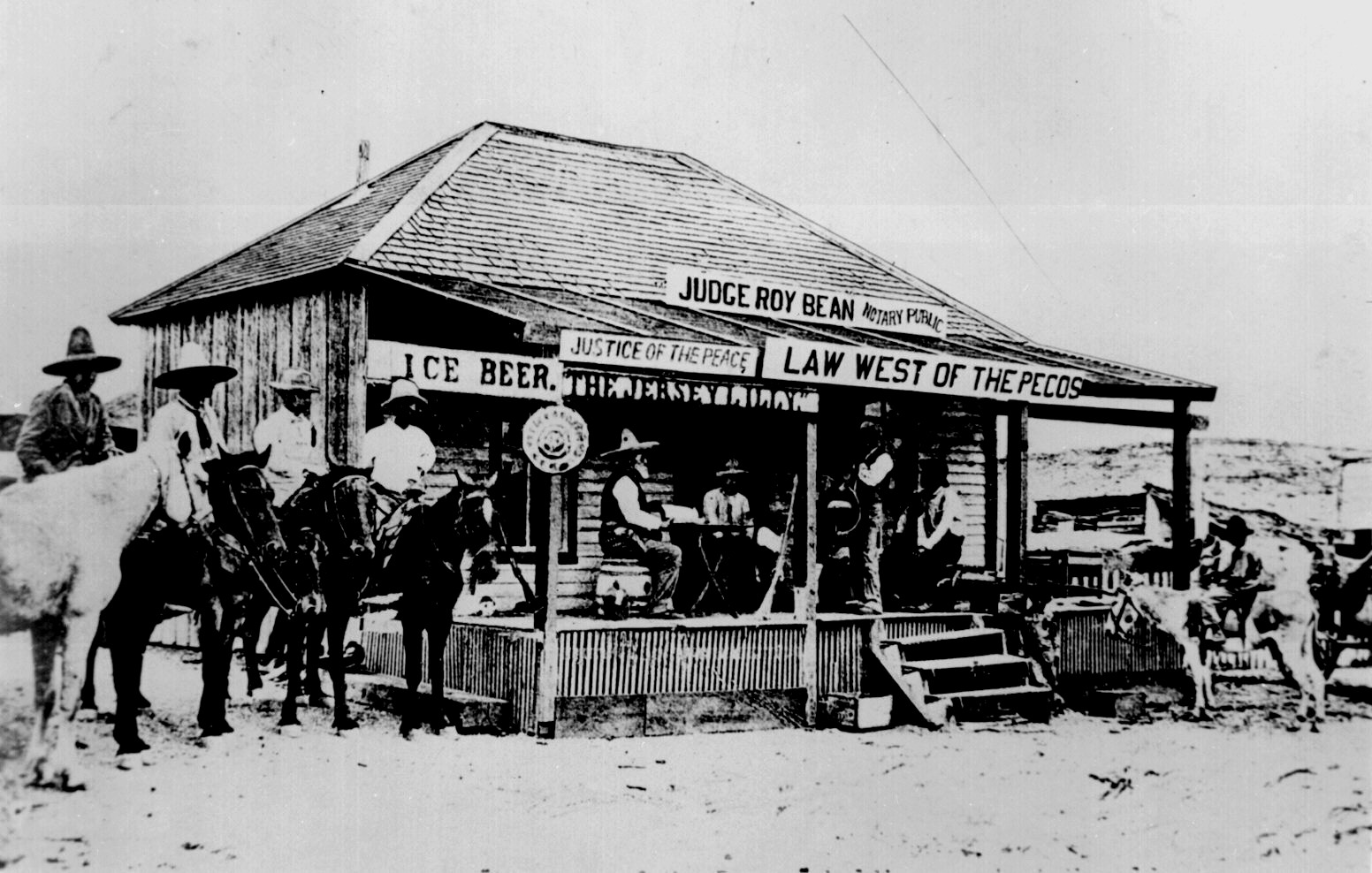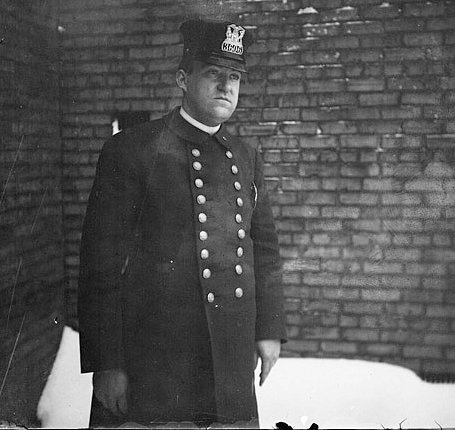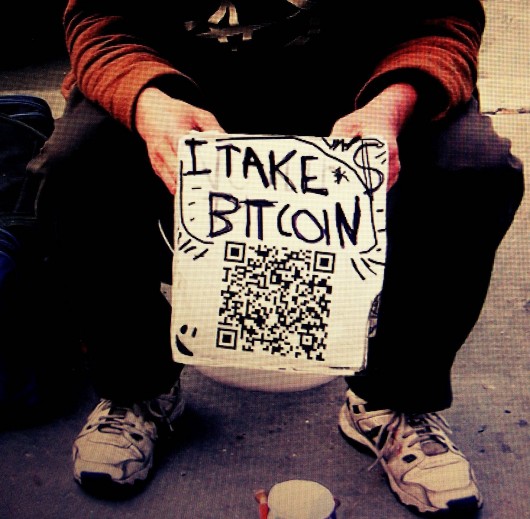In a piece at the Los Angeles Review of Books about Tyler Cowen’s Average Is Over, a meditation on meritocracy run amok, Guy Patrick Cunningham compares tomorrow’s potentially technologically divided society, a sci-fi-ish dystopia few people would find acceptable, to life in the Middle Ages. An excerpt:
“Though Cowen doesn’t see it, the future he lays out seems rife with obvious, intrinsic structural inequalities that will make it very hard for anyone born outside the elite to actually show enough ‘merit’ to rise into it. And when he breezily asserts, ‘The more that the high earners pull in, the more people will compete to serve them, sometimes for high wages, and sometimes for low wages,’ and that, ‘making high earners feel better in just about every part of their lives will be a major source of job growth in the future […] Better about the world. Better about themselves. Better about what they have achieved,’ it becomes hard not to see this as a new form of aristocracy — one where people born with certain advantages are able to leverage them even further than today’s wealthy. Certainly, a smart, capable aristocracy, one theoretically open to talented outsiders, but an aristocracy all the same.
Cowen is careful to note that this system ‘is not necessarily a good and just way for an economy to run,’ but he certainly sees it as a given. Interestingly, he is also keen to emphasize the autonomy of the individual in the hyper-meritocracy. This isn’t itself surprising. But Cowen’s efforts to square the system he anticipates with humanistic ideas about individual agency fall flat. When he defends the possibility of building third-world style slums in the United States, he insists, ‘No one is being forced to live in these places […] I might prefer to live there if my income was low enough.’ Cowen essentially defines choice down to the absence of force. But this is meaningless — after all, no one chooses to live in a slum, unless the alternative is homelessness. Choice only matters when there are real alternatives to pick from. When Cowen compares a hyper-meritocratic society to the Middle Ages, he does so merely to point out that it is possible for a deeply unequal society to remain stable over a long period of time. But the comparison brings to mind another thought instead — that the values that underlie hyper-meritocracy are as un-humanist as those of the Medieval period.”


